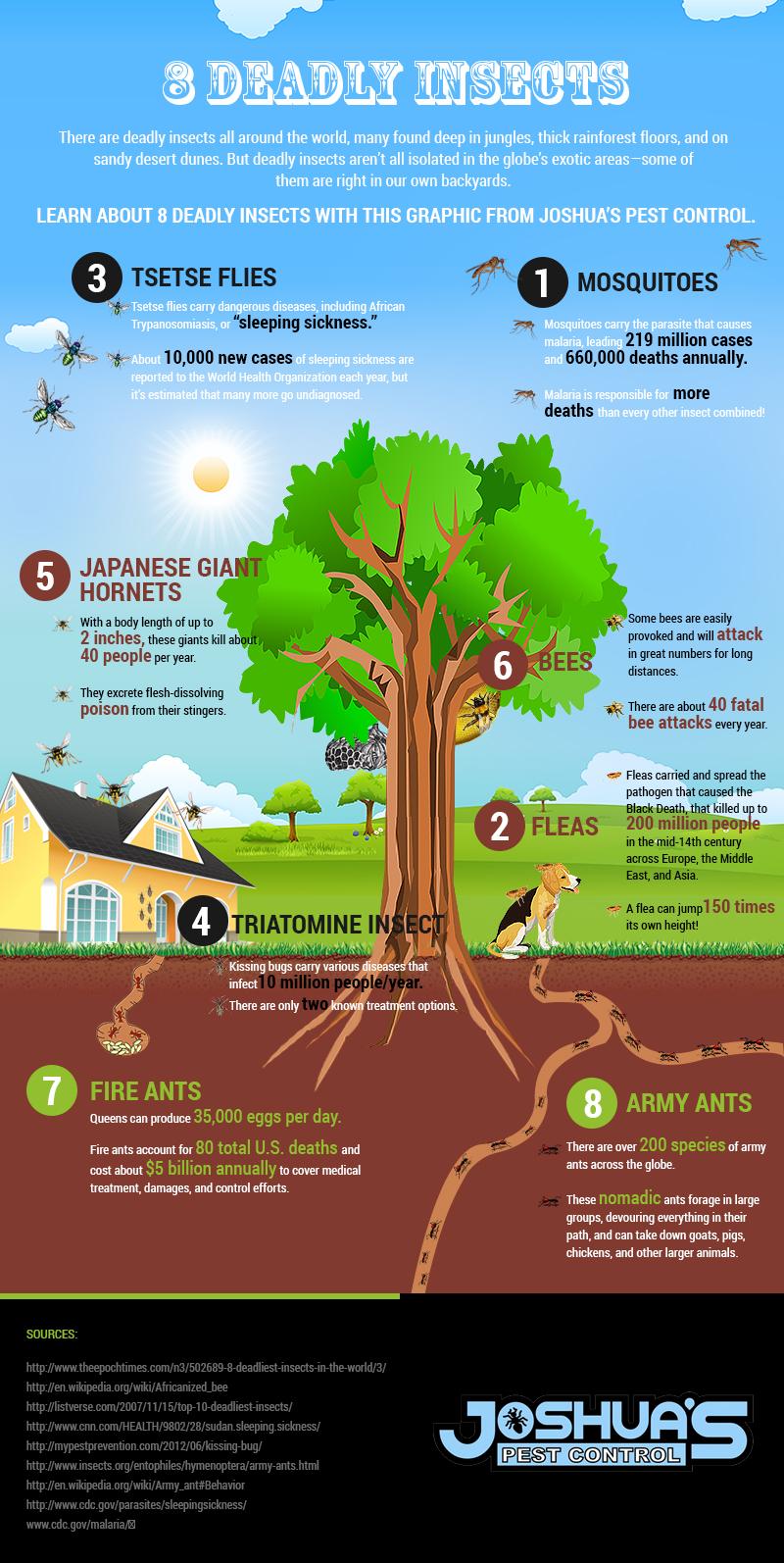The Function Of Bug Control In Food Safety And Security And Health
The Function Of Bug Control In Food Safety And Security And Health
Blog Article
Content Create By-Haslund Thorsen
Are you knowledgeable about the concealed risks that bugs position to the security and health of your food? From rats to bugs, these undesirable site visitors can pollute your components, surfaces, and storage space locations.
This write-up discovers the critical duty of bug control in keeping the highest requirements of food security and health. Discover effective approaches and avoidance steps that will aid you secure your service, customers, and track record.
Do not allow bugs jeopardize the top quality of your food.
The Influence of Parasites on Food Safety And Security and Hygiene
In your kitchen area, parasites can have a substantial influence on food security and health. These unwanted visitors, such as rodents, bugs, and roaches, can infect your food, surface areas, and utensils with unsafe germs, infections, and bloodsuckers. They can conveniently access your pantry, closets, and also your fridge, leaving droppings, urine, and hair.
Not just can they spoil your food by chewing with packaging, yet they can additionally spread diseases like Salmonella, E.coli, and Listeria. Visualize preparing a dish for your family, uninformed that the components you're using are currently infected.
It's vital to take immediate action to stop and manage pests in your kitchen. Regular cleansing, correct food storage space, and expert pest control procedures are essential to make certain food security and preserve a sanitary environment in your kitchen.
Efficient Insect Control Methods for the Food Market
Carrying out effective bug control approaches is crucial for preserving food safety and hygiene in the food industry. By implementing these methods, you can avoid parasites from polluting the food and make certain that your products are risk-free for usage.
One efficient approach is to regularly check and check your facility for indicators of bug task. This includes checking for droppings, nests, or any kind of damage caused by parasites.
It's additionally vital to secure all entrance indicate stop bugs from entering the facility. https://www.hamilton.ca/home-neighbourhood/animals-pets/wildlife cleansing and hygiene are crucial, as parasites are brought in to food residue and spills.
Additionally, appropriate waste management is important to prevent the accumulation of food waste that can draw in bugs.
Maintaining Hygiene Criteria Via Bug Prevention Procedures
To preserve health requirements, you need to on a regular basis execute insect avoidance actions. By taking aggressive steps to prevent pests from entering your food facility, you can make sure the security and sanitation of your premises. Below are some effective pest prevention procedures to think about:
- Seal all cracks and holes: Pests can enter with even the tiniest openings. Regularly evaluate and seal any type of gaps in doors, windows, walls, and floors to maintain insects out.
- Appropriate waste management: Dispose of food waste without delay and firmly in sealed containers. This will decrease the attraction of bugs and protect against infestations.
- Routine cleaning and disinfecting: Keeping sanitation in your facility is critical. On a regular basis clean and sanitize all locations, paying special focus to areas where bugs might conceal or reproduce.
- just click the up coming site out a monitoring system: Consistently evaluate your premises for signs of pest activity. Set up insect tracking gadgets, such as traps or sensing units, to identify and deal with any type of possible issues at an early stage.
Conclusion
So remember, when it comes to food safety and security and health, bug control plays a critical role.
By applying reliable bug control approaches and safety nets, we can make sure the highest requirements of sanitation and safety in the food sector.
Do not allow pests jeopardize the quality of our food; let's stand together and shield our health and wellness and wellness.
